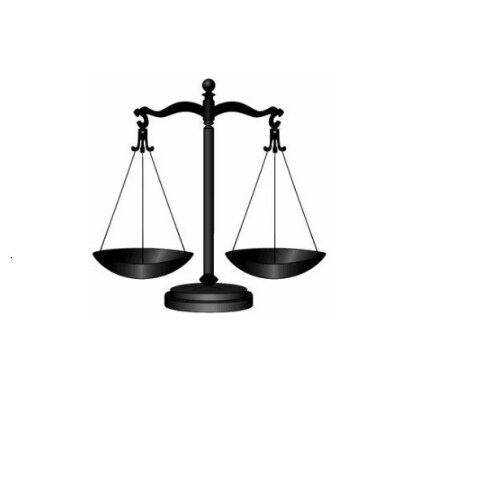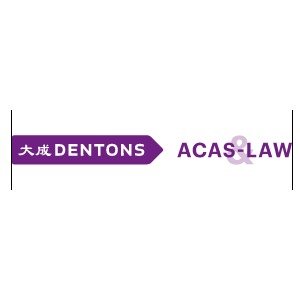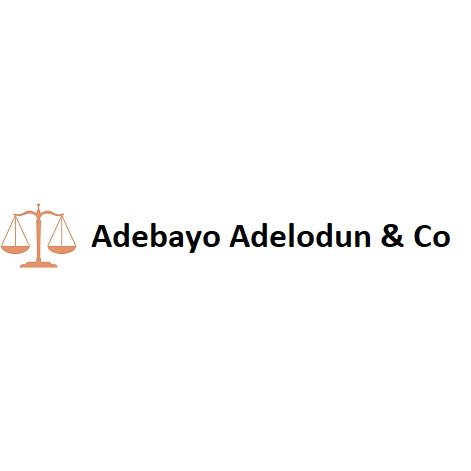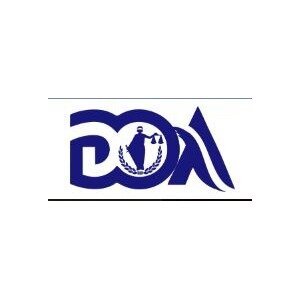Best Wrongful Termination Lawyers in Abuja
Share your needs with us, get contacted by law firms.
Free. Takes 2 min.
List of the best lawyers in Abuja, Nigeria
About Wrongful Termination Law in Abuja, Nigeria:
Wrongful termination refers to the unlawful termination of an employee's contract or employment without reasonable cause. In Abuja, Nigeria, there are laws in place to protect employees from wrongful termination and ensure their rights are upheld. These laws aim to prevent unfair and discriminatory practices in the workplace.
Why You May Need a Lawyer:
There are several situations where you may need a lawyer to assist you with a wrongful termination case in Abuja, Nigeria. Some common scenarios include:
- Being fired without just cause
- Termination due to discrimination (based on gender, religion, ethnicity, etc.)
- Retaliation for whistleblowing or reporting illegal activities
- Violation of employment contracts or agreements
- Unlawful labor practices
A lawyer specialized in wrongful termination cases can help protect your rights, gather evidence, and represent you in legal proceedings.
Local Laws Overview:
Key aspects of local laws in Abuja, Nigeria that are relevant to wrongful termination include:
- The Nigerian Labor Act: Provides guidelines for employment contracts, termination procedure, and severance pay.
- Discrimination and Equal Opportunity Commission Act: Prohibits discrimination based on various factors including gender, religion, ethnicity, and disability.
- Trade Unions Act: Protects employees' rights to join trade unions and engage in collective bargaining.
Frequently Asked Questions:
1. Can I sue my employer for wrongful termination?
Yes, if you believe you have been wrongfully terminated, you have the right to sue your employer for compensation. Consult with a lawyer to assess the strength of your case.
2. What compensation can I receive if I win a wrongful termination case?
If you win a wrongful termination case, you may be entitled to compensation for lost wages, benefits, emotional distress, and attorney fees.
3. How long do I have to file a wrongful termination claim?
The time limit for filing a wrongful termination claim in Abuja is generally within 3 months from the date of termination. It is important to consult with a lawyer as soon as possible to understand the specific time limitations in your case.
4. Do I need evidence to support my wrongful termination claim?
Yes, it is important to gather as much evidence as possible to support your claim. This may include emails, employment contracts, witness statements, performance evaluations, or any other relevant documentation.
5. Can I negotiate a settlement instead of going to court?
Yes, it is possible to negotiate a settlement with your employer to resolve the wrongful termination dispute. It is advisable to work with a lawyer who can help negotiate fair terms on your behalf.
Additional Resources:
For further information and assistance regarding wrongful termination in Abuja, Nigeria, you may find the following resources helpful:
- The National Industrial Court of Nigeria
- Nigeria Labour Congress (NLC)
- Abuja Chamber of Commerce and Industry
Next Steps:
If you believe you have been wrongfully terminated in Abuja, Nigeria, and require legal assistance, follow these steps:
- Consult with a reputable lawyer who specializes in employment law and wrongful termination cases.
- Provide your lawyer with all relevant documentation and information regarding your employment and termination.
- Discuss your case with your lawyer to assess its strength and discuss potential legal strategies.
- If applicable, attempt to negotiate a settlement with your employer with the guidance of your lawyer.
- If necessary, proceed with filing a wrongful termination claim in the appropriate court.
Lawzana helps you find the best lawyers and law firms in Abuja through a curated and pre-screened list of qualified legal professionals. Our platform offers rankings and detailed profiles of attorneys and law firms, allowing you to compare based on practice areas, including Wrongful Termination, experience, and client feedback.
Each profile includes a description of the firm's areas of practice, client reviews, team members and partners, year of establishment, spoken languages, office locations, contact information, social media presence, and any published articles or resources. Most firms on our platform speak English and are experienced in both local and international legal matters.
Get a quote from top-rated law firms in Abuja, Nigeria — quickly, securely, and without unnecessary hassle.
Disclaimer:
The information provided on this page is for general informational purposes only and does not constitute legal advice. While we strive to ensure the accuracy and relevance of the content, legal information may change over time, and interpretations of the law can vary. You should always consult with a qualified legal professional for advice specific to your situation.
We disclaim all liability for actions taken or not taken based on the content of this page. If you believe any information is incorrect or outdated, please contact us, and we will review and update it where appropriate.

















